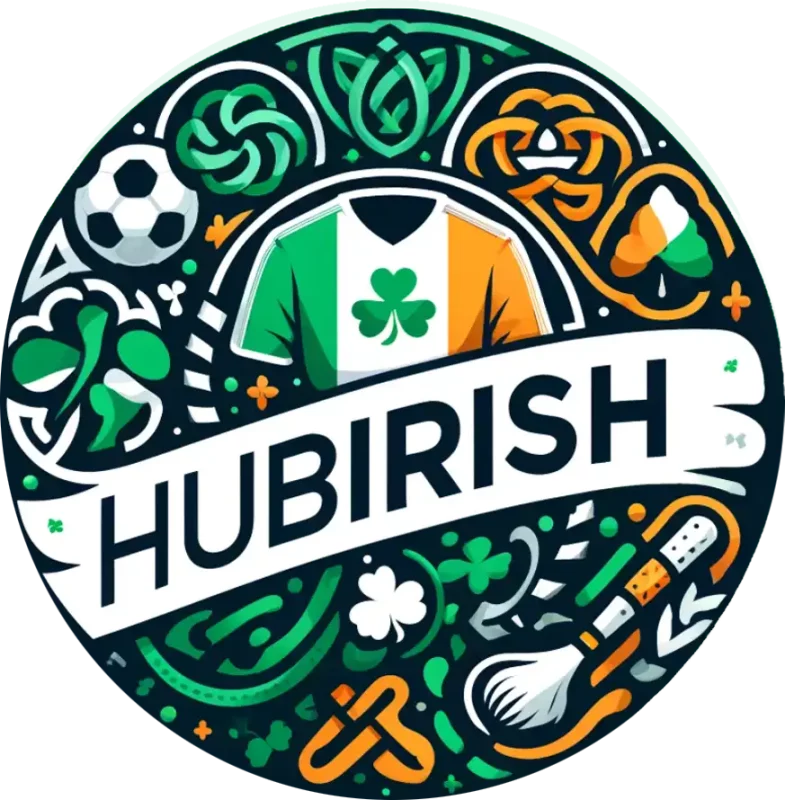Uncategorized
The Heart of Ireland: Songs of Struggle and Pride
From Bán na mBan to Bloody Sunday: The Heartbreak of a Nation Echoes in Every Song and Pledge.
Estimated reading time: 7 minutes
- The heart of Ireland beats louder through music and cries.
- Bán na mBan played a crucial role in history.
- Bloody Sunday remains a painful yet pivotal moment.
- Folk songs serve as a bridge between past struggles and present communities.
- The legacy invites us to continue the story of resilience.
Table of contents:
- Introduction
- The Women of Bán na mBan
- The Weight of Bloody Sunday
- Songs That Foster Community and Resistance
- Carrying the Legacy Into Tomorrow
- Did You Know?
- FAQs
- Final Word
The heart of Ireland beats louder than ever, reverberating through the reels of music and the cries of our people. It is woven through our history, rich in folklore, rebellion, and unwavering pride, echoing in every song, every pledge — from the brave women of Bán na mBan, through the tumult of Bloody Sunday, to the everyday dreams of the Irish today.
The Women of Bán na mBan
In the shadowy corners of our stories lie the tales of the relentless women, the heart and strength of the rising. Bán na mBan, those gallant ladies, stood unwavering in fight, filling the ranks with courage where men faltered. They stood cooking, tending to the wounded, the unsung troubadours of rebellion; their presence a thread in the tapestry of our history. Like the hymns of old, they spoke of an Ireland liberated, where the chords of rebellion found their melody in the hopes and dreams of women who dared to dream of freedom. Songs like “The Foggy Dew” resonate with this fierce spirit, reminding us that our struggle is not just a man’s plight but a collective march of hearts longing for home.
The Weight of Bloody Sunday
Flash forward through mist and grief, and we land on that fateful day in Derry, January 30, 1972. The echoes of gunfire still haunt the streets as memories bleed into the pages of our shared consciousness. Innocent lives extinguished, the cries of families ringing through the night air. Bloody Sunday serves as a solemn reminder, a lynchpin in our tumultuous tale, where hope and horror danced together in the dim light of northern despair. The pain manifests itself in rebellious ballads — like “Sunday Bloody Sunday” — immortalizing the fallen and breathing life into the rage and sorrow shared by a nation. Grief turned into anthem, resistance carved deeper into our cultural marrow, reminding us that the fight persists beyond the battlefield, echoing eternally in song and spirit.
Songs That Foster Community and Resistance
When the night draws in, and the pints flow freely, it’s the stories and songs that tether us to our roots. In smoky pubs in Galway, bustling streets of Dublin, and cozy corners in Boston, the heart of Ireland is found in every strum of a guitar, every haunting refrain. There’s a pub in New York where the sweet notes of a fiddle mingle with laughter and tears, a true testament to the diaspora. Every chorus reminds us: we may be far from home, but our spirits are stitched together by shared trials and tribulations. Folk songs like “The Parting Glass” and “Grace” serve as anthems of remembrance, bridging generations where pain and pride coexist. It’s in those moments that we feel the echoes of Bán na mBan and Bloody Sunday intertwine — a salute to resilience in the face of adversity.
Carrying the Legacy Into Tomorrow
As tomorrow dawns, our obligation to remember those who came before is ever poignant. With each new jersey stitched with pride, wearing the colors of our counties — from the green of Kerry to the gold of Tipperary — we don a mantle of history. The legacies of Bán na mBan and the sorrow of Bloody Sunday compel us to forge a better path. They inspire the Katies, the Roys, and even the up-and-coming players who wear their county jersey with a fierce love that goes beyond sport. The future is not merely built on victories but upon the stories we cherish and the struggles we confront. A new verse in an old song, echoing through the hearts of a new generation, reminding us that every player, every fan, has a role to play in the narrative of Ireland.
Did You Know?
- Despite the tragedies, Irish folk music has flourished globally, celebrated for its emotional depth and storytelling strength.
- The Bán na mBan played a crucial role in the 1916 Easter Rising, aiding in healthcare and arms supply, often overlooked in history books.
- Bloody Sunday, while a dark event, sparked a surge in activism and cultural expression, leading to significant changes in Irish politics and identity.
- The tradition of singing rebel songs in Irish pubs has become a vital aspect of Irish camaraderie and collective memory abroad.
FAQs
What are the origins of the song “Sunday Bloody Sunday”?
Written by U2, this powerful anthem reflects on the events of Bloody Sunday and aims to invoke empathy and a call for peace amidst conflict.
How do Irish folk songs keep our history alive?
Through storytelling and emotional resonance, these songs ensure that the tales of our ancestors are never forgotten, allowing us to remember their sacrifices and pride. You can explore more about Irish history and culture through our collection at HubIrish.com.
Final Word
As we celebrate the stories that form the backbone of our nation, may we carry our heritage like a well-worn jersey — stitched with love, pride, and defiance. Every song, every pledge we utter holds the spirit of Bán na mBan and Bloody Sunday alive. For those of us who bear the heart of Ireland, there’s a piece of home waiting for you at HubIrish.com.

